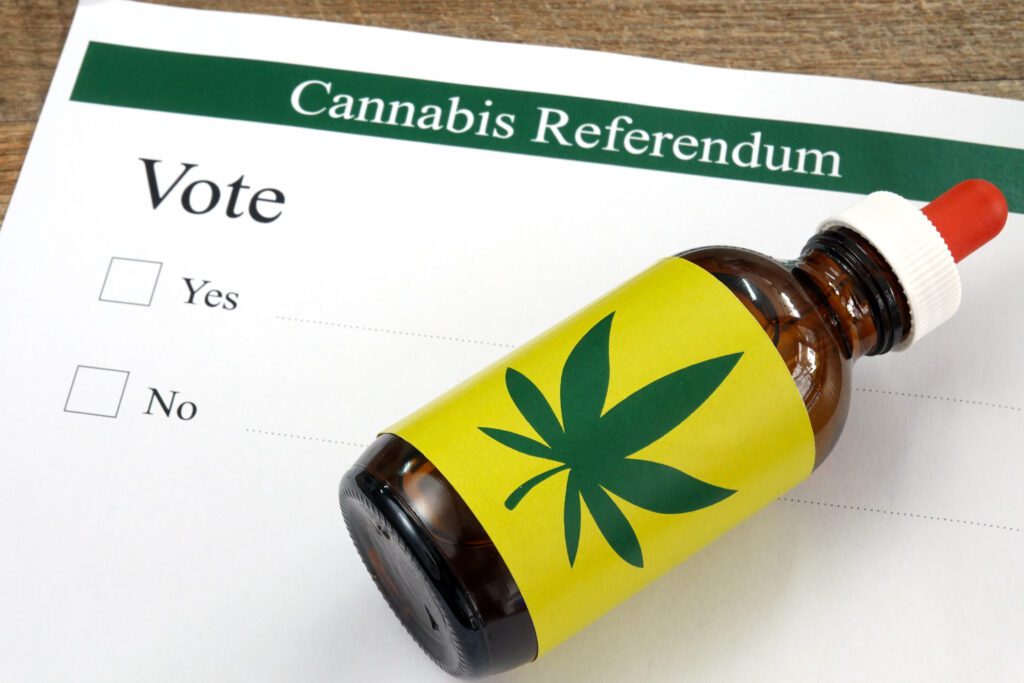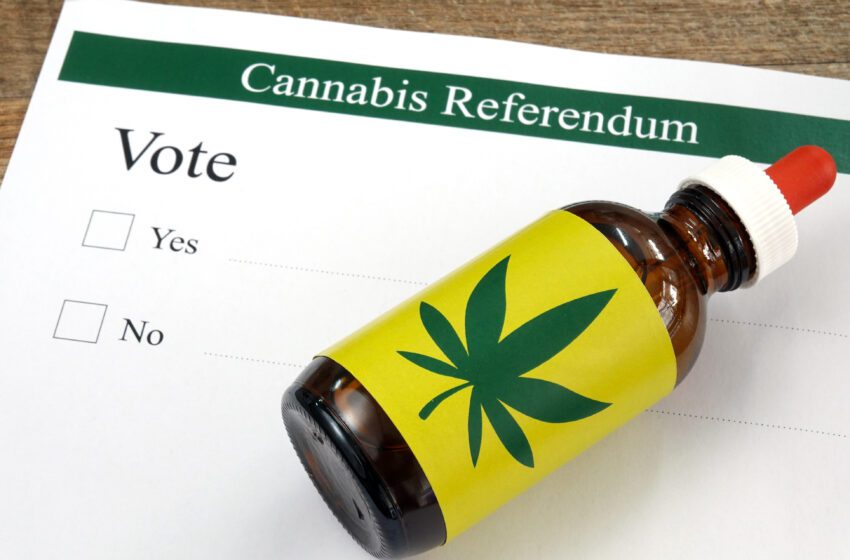
Several states suffered losses of bills aimed at legalizing cannabis and psychedelic products.
Florida voters rejected a ballot measure to legalize marijuana. It got majority support but did not reach the 60 percent threshold needed to be enacted under state law.
Colorado Gov. Jared Polis explained the benefits of marijuana legalization to Florida voters ahead of their decision on a ballot measure to enact the reform, saying it reduces youth cannabis use, shrinks the illegal market and generates revenue for businesses and state services.
North Dakota voters defeated a marijuana legalization ballot measure two years after also rejecting a prior initiative to legalize cannabis.
South Dakota voters rejected a marijuana legalization ballot measure. The state Supreme Court overturned an earlier initiative they approved in 2020.
Nebraska voters approved two medical cannabis legalization initiatives on the ballot—but the results of the election could potentially be overturned due to ongoing legal challenges.
Massachusetts voters rejected a psychedelics legalization ballot initiative that would have allowed adults to possess, grow and share certain amounts of substances such as psilocybin, ibogaine and DMT.
Oregon voters approved a ballot measure to require marijuana businesses to enter into labor peace agreements.
Texas voters in Dallas, Bastrop and Lockhart approved marijuana decriminalization measures on their local ballots.

